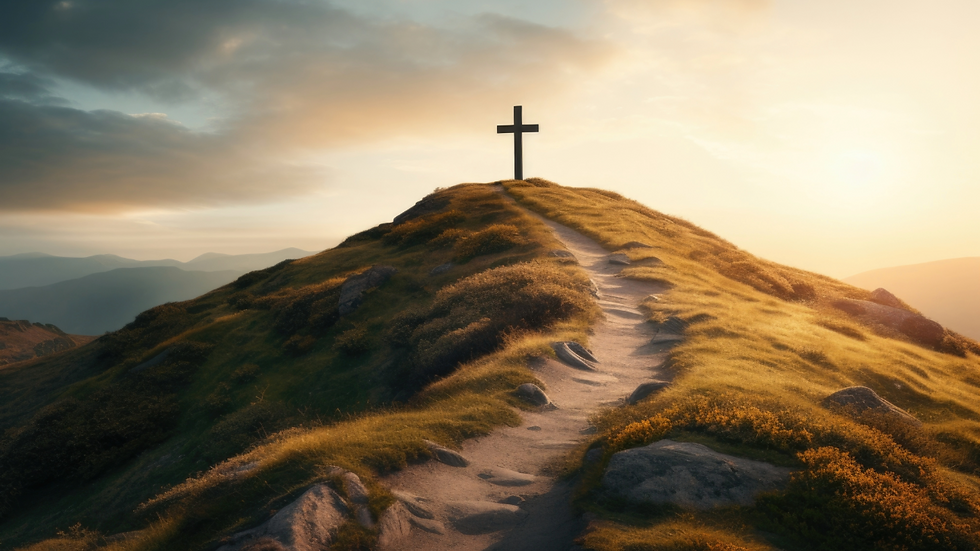Haggai: Introduction
- Some Fool

- Jan 1, 2020
- 1 min read
Updated: Mar 23, 2024
Please take advantage of the written article above to help guide you in your learning.
You can also click here to access the complete commentary of the book of Haggai free of charge, or purchase our soft cover booklet by clicking here.



